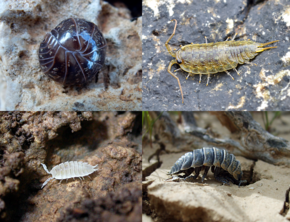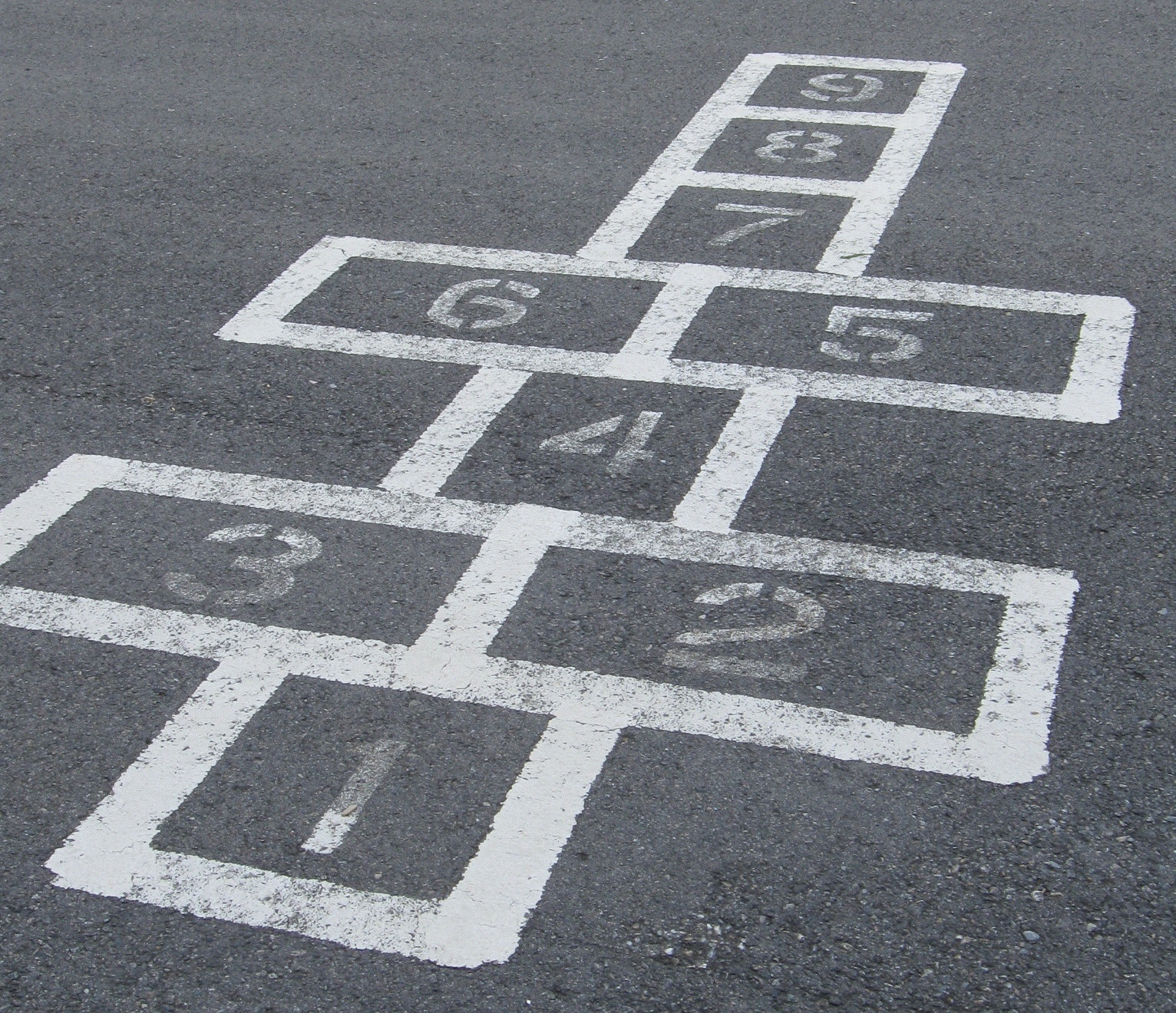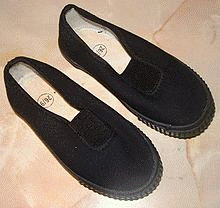Week 5 - Dialect Surveys
Dialect lexis – researching lexical variation
Since the 1900s dialect lexis has been a subject of interest for linguists in the UK and Republic of Ireland, but it is a subject that greatly interests laypeople as well. It links neatly to our last Language Lab exploration of dictionaries and ties back also to our discussion of who is in charge of Standard English, who writes dictionaries, and who changes the meanings of words.
We’ll start with a bit of fun and a think about how we discuss lexical variation. Please take the following test:
http://icge.co.uk/twitter_surveys/isopods

Did you have another word for these creatures?
What words do people in your family and friends know for them?
Which word actually gets used out of the words you know?
Now read this piece from the British Library talking about dialect and lexica (word based) variation:
Robinson, Jonnie (2019) “Lexical variation across the UK”:
https://www.bl.uk/british-accents-and-dialects/articles/lexical-variation-across-the-uk

Jonnie gathers together small recordings and their transcripts and discusses variation across the UK (in a while we will look at variation outside the UK).
You will see that one word he gathers from Scotland is ‘peevers’ for hopscotch.
Hopscotch is a children’s game played on a chalked out path or indeed, no path at all. The path looks like this:
In the US and across the Caribbean this game is known as tic tac toe. As you saw in the recording, in parts of Scotland it is ‘peevers’. What did you used to call it? Did your school playground have a painted hopscotch marked out like this?
School is a productive time for variation in dialect. Children have variable levels of awareness about what is dialect and what is not, and so do teachers. Have a look at these shoes and think about what you called them (they are for P.E.)

There are many answers to this question – a quick internet search for plimsolls + dialect should give you
Pumps
Daps
Gutties
Sandshoes
And many more.
Do a little bit of research into why they might have so many names - the material they are made of, the properties of that material and the uses the shoes are put to all contribute. Did you know that your name for them was dialectal?
Investigating dialect lexis
There are many factors to consider when we ask people about dialect words they use. They may overestimate how much dialect they really use in an attempt to please researchers, or they may underreport because they have in some way a negative attitude to dialect (even if they do not have this all the time – many of us only feel that we wish to lose dialect if it is negatively commented on by other people)
Dialect loss?
Many people nowadays feel that dialect lexis is being lost. A newspaper article published in 2017 though, argues that dialect diversity is not declining, and that new dialect words are being created all the time.
Read the article now:
Duncan. Pamela, and Josh Holder (13th March 2017) ‘The death of dialect? Don't believe a word of it.’ The Guardian. Available at:
https://www.theguardian.com/science/2017/mar/13/death-of-dialect-dont-believe-a-word-british-library
- Do you think that where you live speakers are using words that are not Standard English?
- Does going to school drive words out of our repertoire?
- How might we actually answer this question scientifically?
- Why might it matter if dialect richness is declining?
- If there are new dialect words coming into use, then what categories do those new dialect words fall into?
- Are the dialect surveys you have seen today well crafted (visual prompts for example exclude those who cannot see, while online surveys rule out those uncomfortable with the internet or who do not have access).
- Much of the variation found in dialect surveys in the 1950s focused on farming and rural life – researchers excluded urban areas because researchers felt dialects there would be mixed and not as pure, since people living in an area often moved in from the surrounding countryside or even from other countries. Could this be a SOURCE of variation instead – what is your home area like – urban, rural, mixed?
If you have enjoyed this topic you might want to watch the following video which explains why people in the US and Europe became interested in dialectology (in the US they often wanted to map the large numbers of indigenous languages spoken there and came later to examining the English used there, while in Europe people wanted to see if dialect was pure and reflected older forms of the languages more accurately):
Handke, Juergen, 2012. 'Dialect surveys.' The Virtual Linguistics Campus
https://www.youtube.com/watch?v=DwYDnPGuL4g
Useful links for dialectologists
England
British Library Sounds - accents and dialects
https://sounds.bl.uk/Accents-and-dialects
Wales
The Archive of Welsh English. Prifysgol Abertawe/Swansea University
https://www.swansea.ac.uk/crew/research-projects/the-archive-of-welsh-english/
Republic of Ireland
Tape Recorded Survey of Hiberno-English Speech - Digital. University of Duisburg-Essen.
https://www.uni-due.de/IERC/IERC_TRS_Digital.htm
Northern Ireland, Isle of Man
The Ulster Dialect Survey. National Museums Northern Ireland.
https://www.libraryireland.com/gregg/ulster-dialect-survey.php
Survey of English Dialects: Ronague. British Library
https://sounds.bl.uk/Accents-and-dialects/Survey-of-English-dialects/021M-C0908X0011XX-0200V1
Survey of English Dialects: Andreas. British Library
https://sounds.bl.uk/Accents-and-dialects/Survey-of-English-dialects/021M-C0908X0010XX-0500V1
